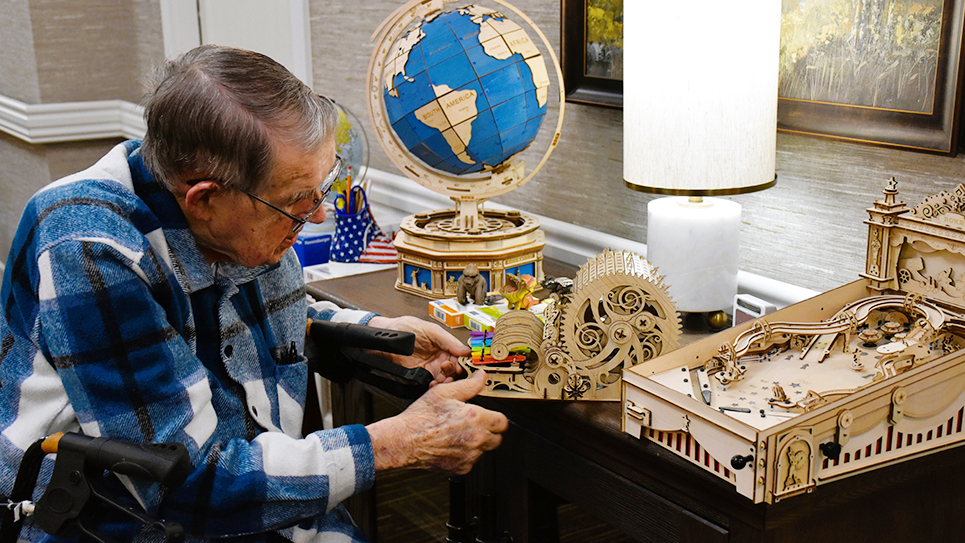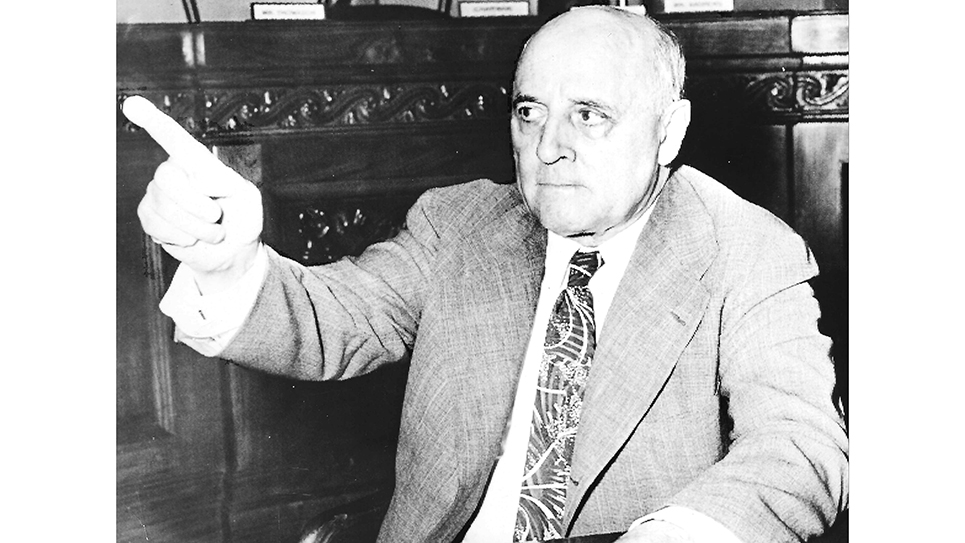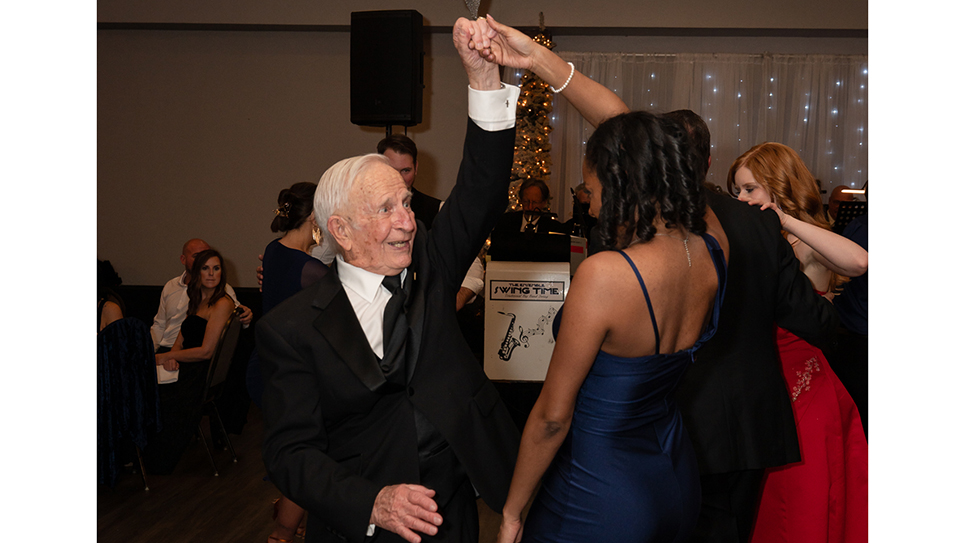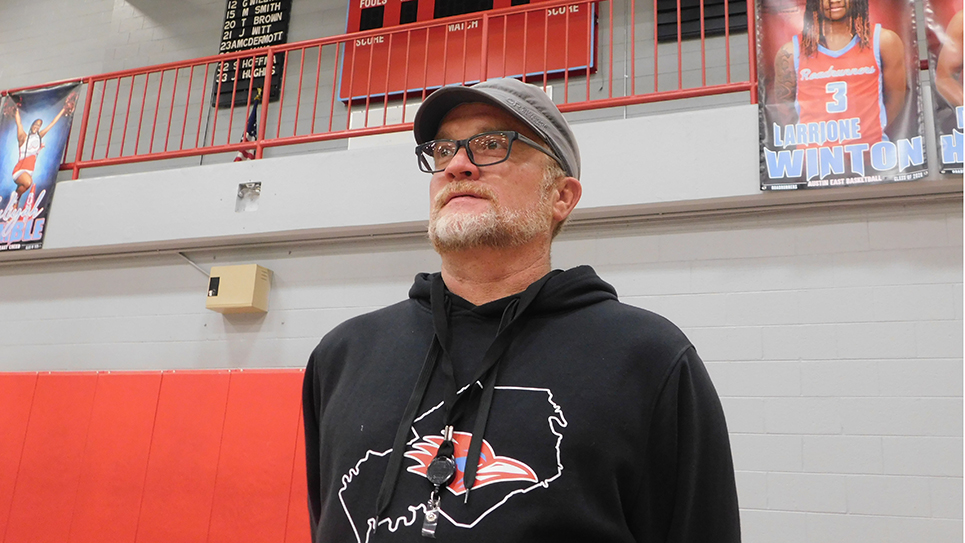By Jedidiah McKeehan
I would be lying if I told you that the legal system is fast moving system. Although some cases can get resolved in a matter of weeks, it can often take months, if not years, for a case to go from beginning to end.
Although, there are many factors that play in to why a case may take so long to end, one of those reasons may be that the trial date keeps on getting pushed back to a later date. When a case is pushed back from a previous date, it is most frequently called a continuance or a reset.
Why does this happen? Let me give you some examples. If someone is charged with a DUI, and they are able to post a bond to get out of jail while their case is pending, they will be ordered to appear in court a few weeks after they are arrested.
Well, a large part of a DUI case is the blood alcohol level of the defendant at the time they were arrested, and it often takes months to receive the blood work results back from the laboratory. The case will almost always be continued until those blood results are received.
Another example would be when someone is charged with an assault. Well, the District Attorney may talk to the victim of the assault, then tell the Defendant’s attorney something like, “Well, the victim was not actually hurt, and they do not want to press charges, but they would like the defendant to attend some anger management classes. Let’s reset the case for six weeks and if the defendant brings proof of having attended anger management classes, I will agree to dismiss the case.” In this situation, the case was not able to be resolved that day, but progress was made towards reaching a final resolution of the matter.
Also of note, judges and attorneys are usually very forgiving if one attorney has a legitimate reason they are not able to go forward with a matter on its court date. If an attorney has an illness, or a family emergency, the court will almost always continue a case for those reasons, even at the last minute.
It is important to note, that for a continuance to occur, the judge has to agree that a case be allowed to be continued. Some judges are very particular about not allowing cases to hang around for an extended period of time with no final resolution, and judges have the ability to force attorneys and clients to go forward with their cases on their given trial date.
Similarly, if one attorney wants a continuance, but the other attorney does not, there will be a hearing on whether the continuance will be granted, and the judge will decide whether to allow it or not based on the reasons given by the requesting party for the continuance.
Jedidiah McKeehan is an attorney practicing in Knox County and surrounding counties. He works in many areas, including criminal, personal injury, landlord-tenant, probate, and estate planning. Visit attorney-knoxville.com for more information about this legal issue and other legal issues.






